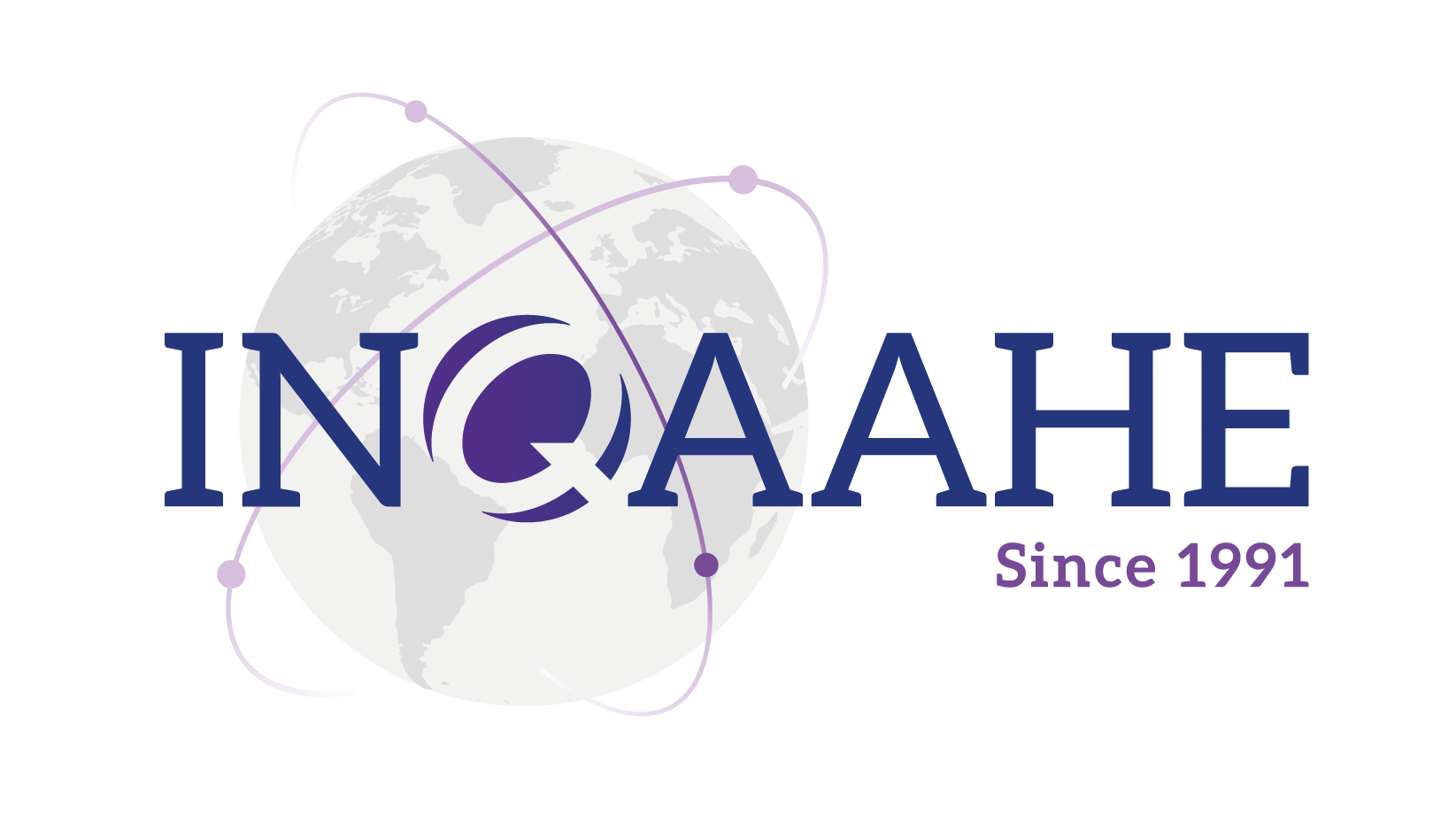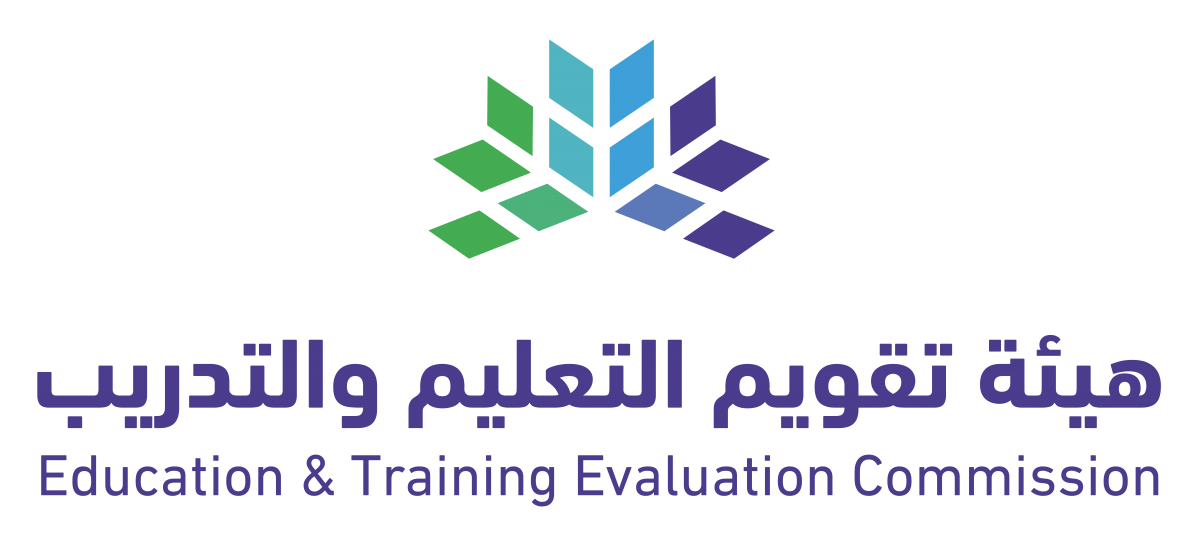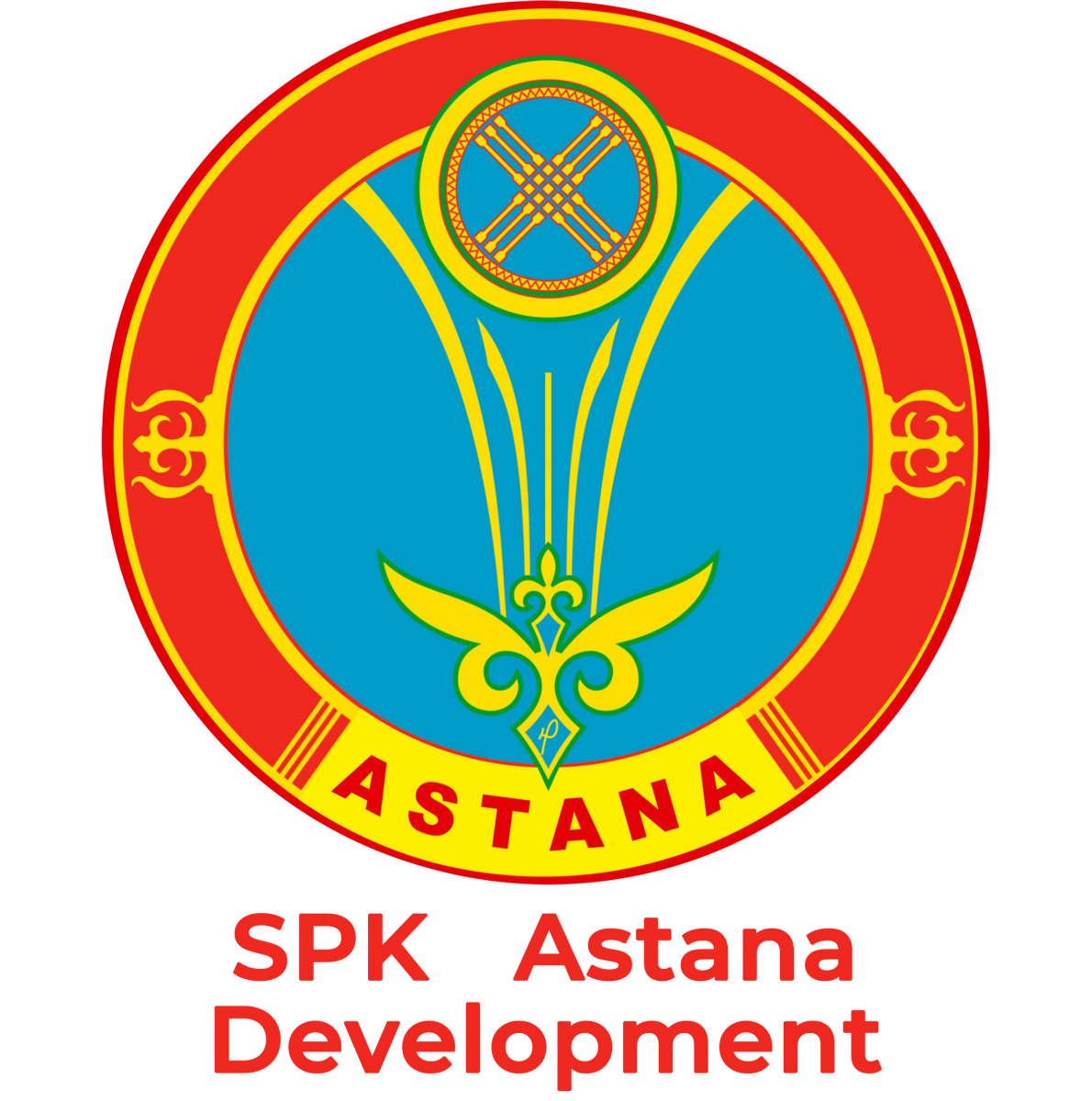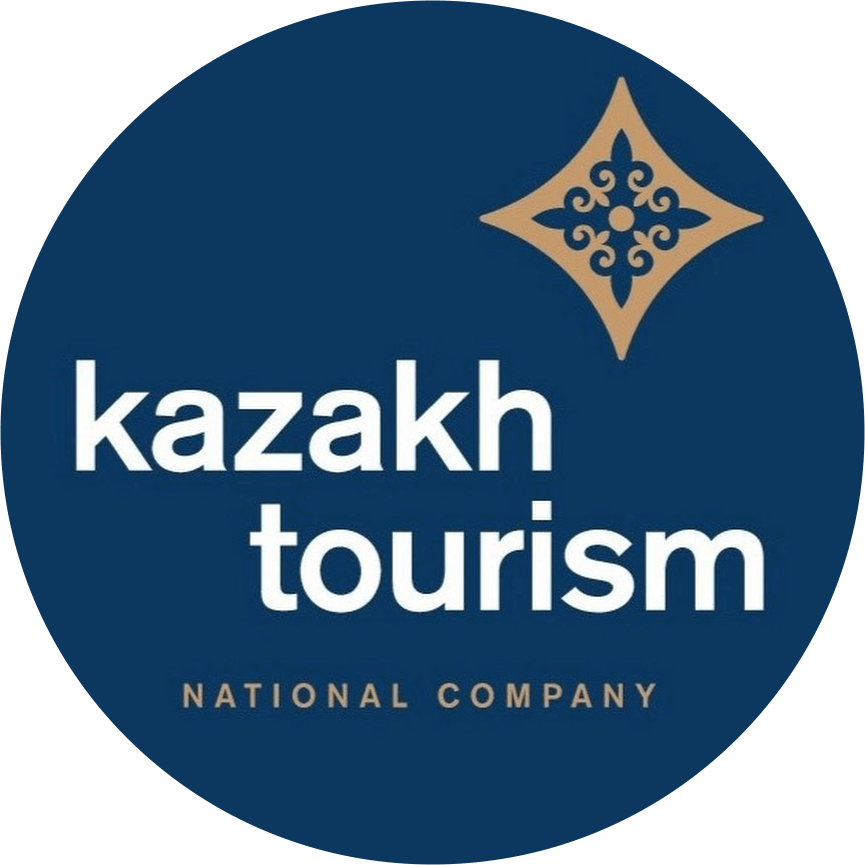INQAAHE Conference 2023
Roadmap to Enabling Quality in Tertiary Education 2030
May 31, 2023
Sub-theme 4 Core Values and Quality of Higher Education
Multi-Speaker session
Quality assurance dysfunctions, within 'integrity' INQAAHE value
A longitudinal study of engagement by a case study institution with an external quality assurance (QA) process over 25 years revealed intriguing insights. Some QA recommendations were found to have recurred during the period, indicating challenges with engagement and implementation. From the recurrent recommendations, three focus areas that would challenge any higher education institution were selected for deep analysis:
- Closing the student feedback loop;
- Monitoring of and feedback from postgraduate students; and
- a ‘QA infrastructure’ and leadership within the case-study institution.
Findings resulted in the notion of “QA dysfunctions” as a way to describe challenges experienced by the institution and the quality agency. These will be outlined, together with practical suggestions that have potential transferability to other jurisdictions and other types of higher education QA processes.
Facilitated by:
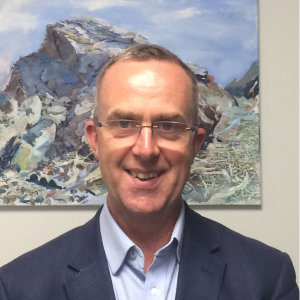 Dr. Martin Boswell
Dr. Martin Boswell
Martin Boswell holds a Master of Tertiary Education Management from the University of Melbourne and is currently completing a PhD in quality assurance in higher education – a case study based on a New Zealand university’s engagement with academic audit between 1994 and 2019. He works as Registrar at two Wellington-based polytechnics and has recently been seconded to help with the formation of Te Pūkenga – the New Zealand Institute of Skills and Technology, which involves the merger of 16 polytechnics and 8 industry-training organisations. He has 20 years’ experience in higher education quality assurance, academic governance and operations management in the New Zealand university and polytechnic sectors.
Towards a new future for quality assurance in higher education in South Africa
After almost 25 years of existence the Council on Higher Education (CHE) in South Africa is entering a new phase of external quality assurance, underpinned by a new Quality Assurance Framework (QAF) for Higher Education in South Africa, to be formally implemented in the sector from 2024. The shift is not a technical one, itis philosophical, conceptual and strategic in nature, underpinned by a strong digital approach, and it seeks to align quality assurance in higher education with an African way of being and an African way of doing, in term of discourse and in terms of creating third spaces that enable shared responsibility, cooperation and collaboration. The digital shift will be though the development and deployment of an innovative system of Institutional Quality Dashboards (IQDs) as part of a broader Quality Assurance Management Information System (QAF-MIS). The purpose of this conversation will be firstly to present these new directions, and secondly, to gain feedback on some of the critical issues that arise from these new directions.
Facilitated by:
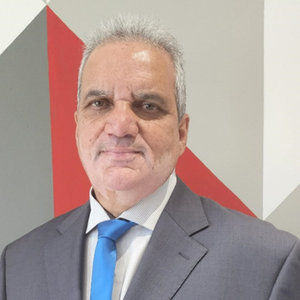 Dr. Whitfield Green
Dr. Whitfield Green
Dr Green is currently the Chief Executive Officer of the Council on Higher Education, an organisation mandated to conduct research on higher education, monitor trends in higher education, provide advice to the Minister of Higher Education, Science and Innovation, and the apex organization for quality assurance of higher education in South Africa. He was previously the Chief-Director: Teaching, Learning and Research Development in the South African Department of Higher Education and Training. Dr Green has worked in a range of education settings, having served as a high school teacher, as a teacher education college lecturer, and as lecturer and senior lecturer at university level.
He holds a Bachelor of Science, Higher Diploma in Education, Bachelor of Education Honours, Master of Education, all from the University of Natal/KwaZulu-Natal he earned his PhD from the University of Stellenbosch. Dr Green has published in his field of expertise and also presented a number of papers at national and international conferences.
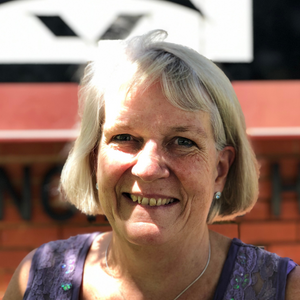 Dr. Britta Zawada
Dr. Britta Zawada
Britta Zawada completed her first degrees at Stellenbosch University with a focus on general linguistics and languages. Her masters and doctoral studies in Cognitive Linguistics were completed at the University of South Africa (UNISA). She also holds a postgraduate qualification in teaching (from the University of Pretoria) and in Distance Education and e-Learning (from the University of Maryland in the USA). Britta first started at Stellenbosch and later at UNISA progressing from a junior lecturer to eventually being the Chair of the Department of Linguistics at UNISA. She also has experience of scientific editing, translation and interpreting, from fields such as geology, theology and linguistics. She ended her 33 years at UNISA with a decade of various leadership roles in the College of Human Sciences, mostly with a focus on teaching and learning and quality assurance. She was awarded the UNISA Lifetime Achievement Award for Excellence in Teaching and Learning. Britta has presented nationally and internationally at conferences, has published peer-reviewed articles and a book, as well as supervised both masters and doctoral students in Cognitive Linguistics. She is currently the Director for Institutional Audits at the Council on Higher Education in South Africa.
The relationship between national values of the society, higher education system and chosen form of independent accreditation in Kyrgyz Republic
Many countries are still struggling to establish efficient and effective independent accreditation system. Even though there is lot of international experience, still establishment or development of an effective system is of a big concern and struggle for many countries. Kyrgyz Republic when establishing an independent accreditation in 2012 was mainly based on the experience of European countries, and tried to adapt it in consideration with local values, principles and cultural peculiarities. But still, 10 years after, the country is in the process of its improvement, development and efforts to achieve more effective solution. So, what is the pre-condition – are these the values of the societal nation that influence on choosing the independent accreditation structure in the country, or it’s the independent accreditation that makes its impact on changing the values of higher education in the country. Thus, the study is an effort to understand this relationship in order to build further more effective strategies for QA and A – what influences the first, and hat is the role of each component to changing values of higher education and quality assurance.
Facilitated by:
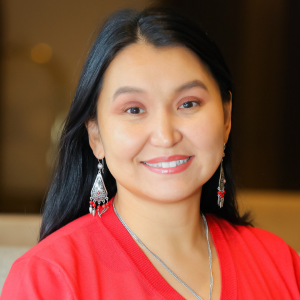 Ms. Umankulova Onolkan
Ms. Umankulova Onolkan
Mrs. Umankulova Onolkan is a President of the Agency for quality assurance in the field of education “EdNet” and has been leading the Agency since its foundation in 2012 in Kyrgyzstan, and stood in the roots of establishment of an independent accreditation for higher education in the country and a member of the 7th Board of directors of the Asian-Pacific Quality Network - APQN. She has a master degree in Vilnius University on “International business economy and management” graduating with a master thesis focusing on differences between Kyrgyzstan and Lithuania in respect to the results of creation of knowledge-based economy impacted by research and development policy at tertiary education. She was also one of the fellows of the UK-government John Smith Trust Fellowship program – a program for leaders of the region, and as a result could bring the best practices on quality assurance and accreditation into her EdNet Agency.
Within her 15 years of professional experience she has been managing more than 10 national and regional project in education area, prepared more than 30 analytical reports about education and other areas. As a chair of the leading accreditation agency in Kyrgyzstan she took one of the key roles in development of national legislation about quality assurance and accreditation in the country, and participated in more than 25 official ministerial working and expert groups for quality assessment and accreditation. By 2022 she has been trained of more than 5000 university teachers and administrators about the importance of the learning outcomes for assuring the quality of education, internal and external QA systems. She has a certificate of a professional trainer. She’s been an education expert for such prestigious organizations as the World Bank, UNESCO, UNICEF, European Commission, Asian Development Bank and many private companies.
Having wide experience in quality assurance and accreditation worldwide, with the focus on Central Asian and European regions, she has a substantial understanding and applied efficient strategies in building accreditation systems in the country, that can help other countries in understanding of the best models with consideration of country’s peculiarities.
INQAAHE Conference 2023 is sponsored by KazMunayGas, a platinum sponsor, the Education & Training Evaluation Commission (ETEC), a gold sponsor, Astana Development, a bronze sponsor, and Kazakh Tourism.
